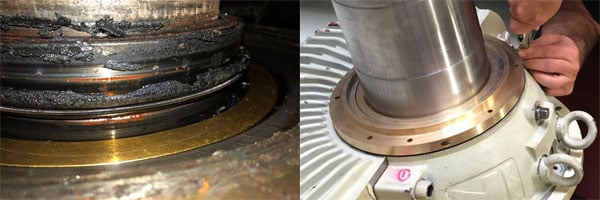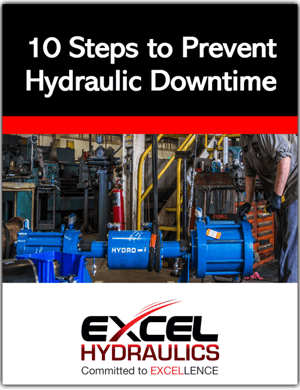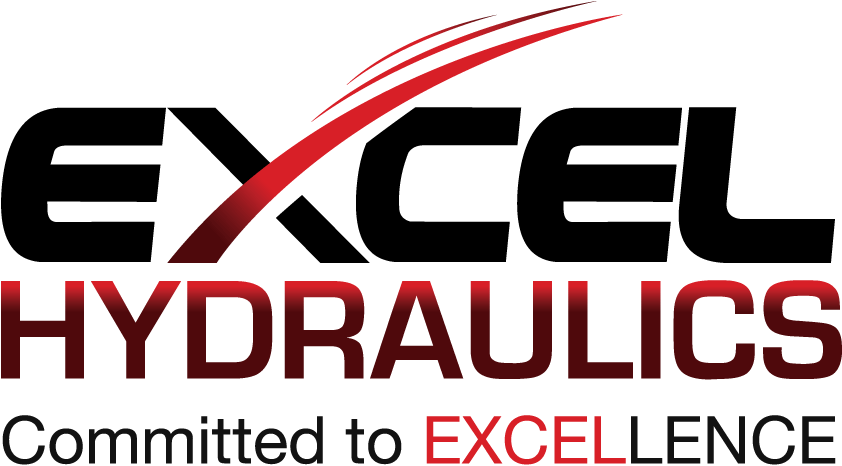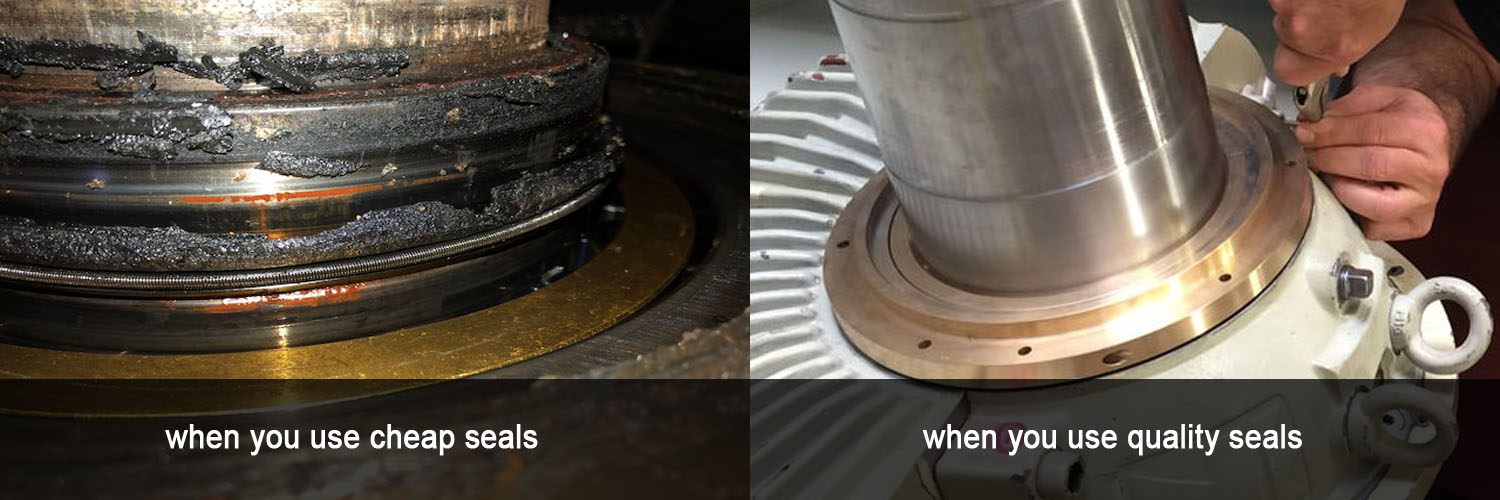Are your quality standards defined? No seriously, are they truly defined and documented or are they loosely defined like the New Year's Resolution you keep planning to get started on? Once your company’s standards have been properly established and implemented, you can begin to enforce the importance of buying, selling and operating with high quality parts as part of your proactive maintenance plan.
There is a preconceived notion that "quality" always means expensive...that is NOT always the case!
Simply put, quality parts consist of features and characteristics that carry on the ability to satisfy given needs. If you are operating with dependable parts purchased from trusted sources and fabricated with quality materials, your parts are purposeful. Therefore, your machinery will be composed of quality parts and will have less failures, downtime and lower operating costs.
How should you think about "quality"? It’s simple!
True quality it just the degree of excellence of something...
But what does excellence mean for you and your business needs? To determine your position on excellence, ask yourself these following questions:
- Can you rely on the parts within your machinery?
- Are your assets, especially your employees, truly safe?
- Are your systems running at peak efficiency?
If you are in search of excellence or the highest quality parts for your hydraulic equipment, consider these 3 great reasons to invest in quality parts!
RELIABILITY
If you want a high degree of reliability, set a higher precedence and greater expectations. Don’t be afraid to require information from your vendors about the parts they are supplying you. To set a higher precedence, ask your vendors questions about:
- Life Expectancy
- OEM Specs
- Spec Sheets
- Tolerances
- Materials
- Shipping Times
- OEM vs Aftermarket
- And more…
Get to know your vendor’s standards by asking what QMS processes they have in place to ensure higher quality and what type of compliance testing do they use?
I highly recommend requesting details (in writing if possible) on what type of guarantee/warranty is being offered. When the warranty on your equipment/machinery expires, the OEMs may not be able to service the machinery. Knowing this information ahead of time will allow you to adjust your maintenance plans.
SAFETY
Specific parts are often only suited for specific machinery. While some parts may ‘fit the bill’ and work as substitutes in temporary situations, not using properly spec’d parts on equipment is unsafe and puts your employees at risk during every application of the machine. Using reliable parts (including tooling) prevents OSHA recordables and creates a safer work environment.
When it comes to safety, investing in quality parts
should not be limited to just what’s internal!
Company vehicles for instance are a perfect example. You wouldn’t put brake pads spec’d for a Honda Civic on an F350 Pickup Truck, would you? Hopefully not...but you get the point. If you wouldn’t substitute parts on your vehicles because of safety, why would you take such a chance on the heavy machinery your valued employees (your greatest assets) operate daily?
EFFICIENCY
Do you know the efficiency your systems should be running at? With a well-executed PM plan and proper record keeping, you should know what type of life expectancy to get out of your machines and the components that make up each machine. For example, depending on the application, hydraulic cylinders should generally be reconditioned or replaced every 3-5 years. The parts within hydraulic cylinders (the piston, rod, seals, etc…) should be evaluated and documented during regular PM schedules.
Pro Tip: Remove SLOB Inventory (Slow-Moving and Obsolete) from stock. SLOB inventory is not only an inefficient use of parts, it takes up usable space and will eat up your profits faster than a hungry man at a wing eating contest! Anything with the phrase “Slow Moving” in its title is NOT efficient, so why keep it?
What is the risk of choosing convenience over quality?
I have seen too many customers choose price and convenience over quality, which can be severely damaging to expensive machinery and leads to shutting down production. In general, a lack of quality parts can lead to massive shutdowns and unsafe work environments. While this may be good for a business like ours to get your "emergency calls" to get your systems back up and running, if you are in the manufacturing business of any kind, it will be detrimental to your bottom line!
As an example, let's take a look at some basic mechanical seal applications. Quality seals on a machine can mean the difference in the longevity of the equipment and premature failure. Maintaining seals before they corrode and cause massive contamination is a major hydraulic maintenance "best practice". Being able to trust the timing of when even the smallest of parts, such as seals, need to be replaced will have a positive impact on your production.
Which one of these machines do you trust NOT to leak?

Enforcing the concept of quality in your proactive maintenance plan allows you to have more control and gain the incredibly important data and information required to make all the best decisions when it comes to
Repair vs. Rebuild vs. Remanufacturing/Engineering.
Are you looking for additional help with choosing quality parts? Consider downloading a copy of our popular eBook "10 Steps to Prevent Hydraulic Downtime" below...you'll be glad you did!
Download Your Copy of our 10 Steps to Prevent Hydraulic Downtime eBook Here...
 |
If you have additional questions about investing in quality hydraulic parts, pick up the phone and give us a call at 856-241-1145, we can help you!

